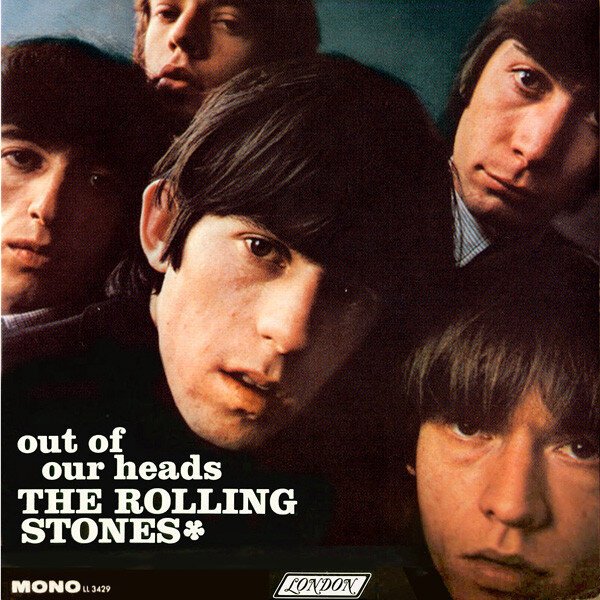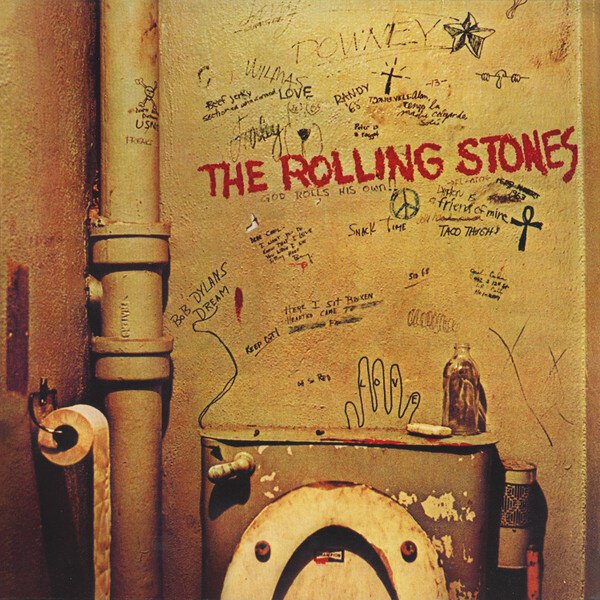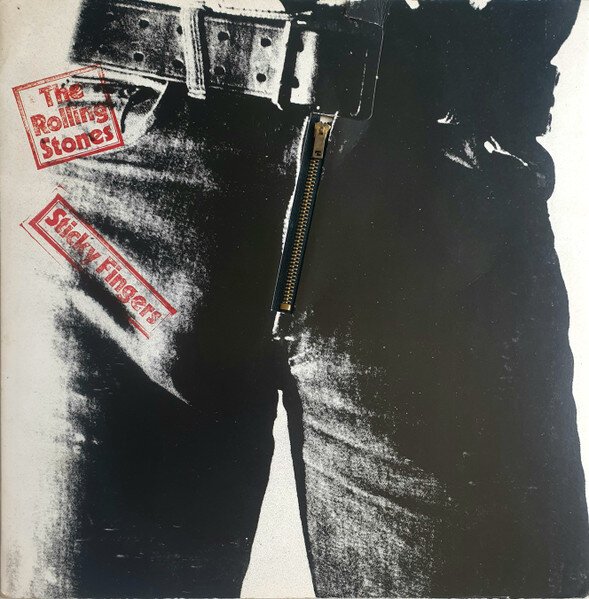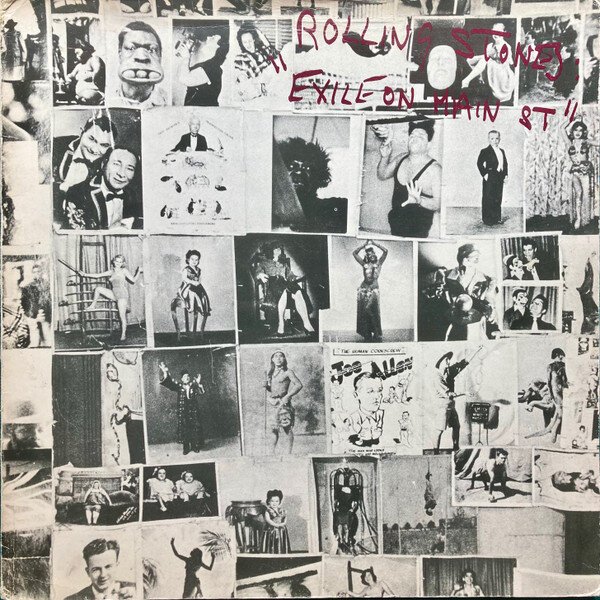The Rolling Stones — The World’s Greatest Rock’n’Roll Band
In early 1960s London, while clean-cut pop groups filled the airwaves, The Rolling Stones came together around a different obsession — American blues and R&B. Mick Jagger, Keith Richards, Brian Jones, Charlie Watts, and Bill Wyman weren’t aiming to be polite; they wanted to sound raw, dangerous, and alive, like the records they collected.
Their early club sets were loud, sweaty, and built on songs by Muddy Waters, Howlin’ Wolf, and Chuck Berry. As the British Invasion took off, The Stones were cast as the darker mirror to The Beatles — less polished, more rebellious, and fuelled by a rolling groove that felt just a little out of control. Parents worried. Teenagers pressed the volume higher.
Before long, they were writing their own anthems. Songs like "(I Can’t Get No) Satisfaction”, "Paint It Black”, and "Jumpin’ Jack Flash” turned frustration, swagger, and street poetry into riffs that never quite leave your head. Through lineup changes and turmoil, the core of Jagger and Richards kept pushing forward, turning rock’n’roll into something heavier, looser, and unmistakably theirs.
The late 60s and early 70s became a golden run: Beggars Banquet, Let It Bleed, Sticky Fingers, Exile on Main St. — albums that defined what rock bands could sound like on stage and on record. Country, blues, gospel, and soul all slipped into the mix without ever diluting that core Stones pulse.
As rock grew into stadiums, so did The Stones. Giant tours, iconic tongue-and-lips logos, and choruses built for tens of thousands of voices turned them into the benchmark for live rock shows. Yet beneath the spectacle, the formula stayed beautifully simple: a tight rhythm section, a sharp riff, and a vocal that sounds like it’s been up all night.
Decade after decade, they’ve outlived trends, scenes, and even whole genres. You can drop the needle on almost any Stones record and feel that same jolt — rough edges, rolling groove, and a band that still sounds like it’s chasing the next great riff.
Milestones
- 1962–1963: The Rolling Stones form in London; residencies at the Crawdaddy Club and other venues build a fierce local following.
- 1964–1965: Breakthrough with hits like "The Last Time” and "(I Can’t Get No) Satisfaction”; the band becomes a global symbol of rock rebellion.
- 1966–1967: Experimentation with psychedelia and new studio sounds on albums such as Aftermath and Their Satanic Majesties Request.
- 1968–1972: A legendary run from Beggars Banquet and Let It Bleed through Sticky Fingers to Exile on Main St. — often cited as one of rock’s greatest streaks.
- 1970s–1980s: Stadium tours, big riffs, and enduring hits like "Angie” and "Start Me Up” cement their status as "the world’s greatest rock’n’roll band.”
- 1990s–Present: New albums, massive tours, and a legacy that continues to inspire rock bands worldwide.
Iconic Albums

Out of Our Heads (1965)
Raw R&B roots meet rising songwriting confidence — featuring early classics and that unmistakable swagger.

Beggars Banquet (1968)
A return to stripped-down, rootsy rock and blues — dark, powerful, and deeply influential.

Let It Bleed (1969)
From "Gimme Shelter” to "You Can’t Always Get What You Want”, a snapshot of a turbulent era.

Sticky Fingers (1971)
Blues, country, and soul blended into a smoky, late-night groove — with one of rock’s most iconic covers.

Exile on Main St. (1972)
A sprawling, hazy masterpiece — a perfect document of the Stones’ loose, rolling rock’n’roll spirit.

Some Girls (1978)
The band meets punk and disco head-on, emerging with a sharp, tough, and modern-sounding set of songs.
Essential Songs
- (I Can’t Get No) Satisfaction
- Paint It Black
- Jumpin’ Jack Flash
- Sympathy for the Devil
- Gimme Shelter
- Street Fighting Man
- Brown Sugar
- Wild Horses
- Tumbling Dice
- Angie
- Start Me Up
- Beast of Burden
Did You Know?
- The band’s famous tongue-and-lips logo was inspired by Mick Jagger’s profile and Hindu art — it has become one of rock’s most recognisable symbols.
- Before writing their own hits, The Rolling Stones were known mainly as a hard-hitting blues and R&B cover band.
- They were among the first rock bands to turn giant stadium tours into a global standard — setting the template for big production live shows.
- Despite countless trends coming and going, they’ve remained active for decades, continuing to tour and record new material.